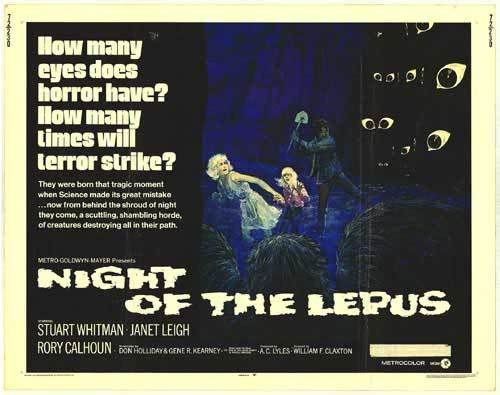Are we ready to stop being distracted?
Netanyahu Confirms Secret Attack on Syria:
Israel's opposition leader, Binyamin Netanyahu, has given the first confirmation from his country of a mysterious air strike on an unknown target deep in Syria earlier this month - fuelling frenzied speculation about exactly what happened.
The leader of the rightwing Likud party said he had given the prime minister, Ehud Olmert, his backing for the attack, which Damascus said took place on September 6. Before that, the Israeli government had enforced a news blackout on the story.
Asked during a TV interview, Mr Netanyahu said: "When a prime minister does something that is important and necessary to Israel's security ... I give my backing." He refused to give further details.
Syria protested to the UN about the "flagrant violation" of its airspace. Officials in Damascus have reported that their air defences forced Israeli F15 jets to flee, dropping "munitions" and fuel tanks in the desert near the Turkish border.
US and other officials have claimed that Israel hit Syrian targets that may have had links to North Korean nuclear arms - dismissed by Damascus as "a big lie".
Meanwhile, Mr Olmert last night confronted critics within his centrist Kadima party who fear he may concede too much to Palestinians, and urged them to seize an opportunity to make peace after 60 years of conflict. Mr Olmert said he would free more Palestinian prisoners as part of "measured gestures" toward President Mahmoud Abbas as they try to agree terms for a US-sponsored peace conference.





